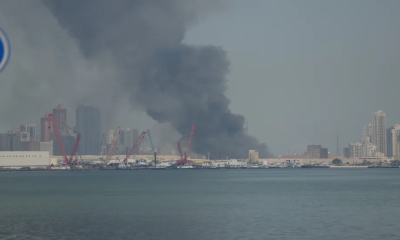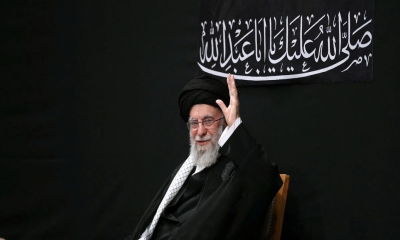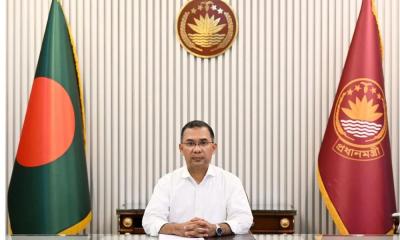Bangladesh has agreed to designate Indian Oil Corporation Limited as a Government to Government, or G2G, supplier of refined petroleum products, according to Indian Foreign Secretary Vinay Kwatra.
“So that is very much there on the cards. The discussions have been taking place between the relevant officials. The term sheet of those discussions and the decision - that is something which the officials will work out between them,” he told reporters at a media briefing in New Delhi yesterday night (September 6, 2022)
The two leaders – Prime Minister Sheikh Hasina and her Indian counterpart Narendra Modi - welcomed ongoing discussions on establishing cross border interconnections to help both India and Bangladesh meet their energy needs, Kwatra said.
They also reviewed progress on the India-Bangladesh Friendship Pipeline, a project that they are undertaking through grant, he said, adding that it will enable movement of high speed diesel from India to Northern Bangladesh.
“In this context, we welcome the recent decision of Bangladesh to list Indian Oil Corporation Limited as a registered government to government supplier of refined petroleum products, which will of course, further help boost cooperation between our two countries in the energy sector,” said the Indian foreign secretary.
Responding to a question on defence cooperation, he said, “I think the first contract under the defence Line of Credit was signed earlier this week. I`m sure you have been following this closely. It was a modest amount but it was an important first step.”
The Indian foreign secretary said it may be a defence LoC but it is also a part of the development partnership framework.
“It also has a landing under security and strategic cooperation. Our effort is that this will open up a path for further engagement between the two countries in the field of defence and security and take our cooperation further,” he added.
Kwatra said one of the main elements of discussions and one of the main lines of effort on both sides for further cooperation is to build a resilient supply chain of bilateral trade in goods - both perishable and non-perishable, or commodities, both food and non-food. “All those elements were part of these discussions.”
He said the two sides laid emphasis on strengthening these supply chains further and ensuring that they remain uninterrupted to the extent possible.














-20260303080739.webp)
















-20260225072312.webp)



